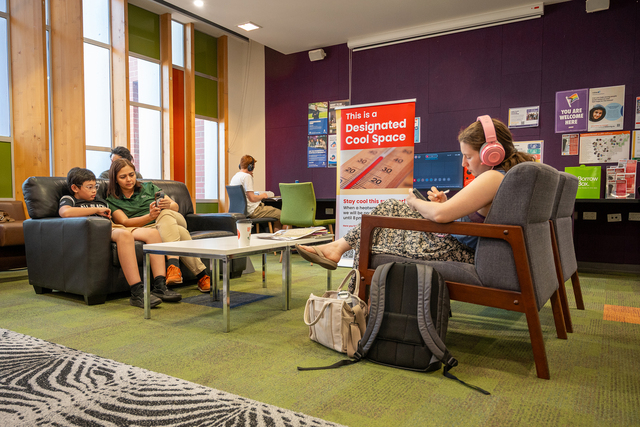The long and stunning coastline in Kingsborough in southeast Tasmania is apt for studying the effects of climate change on coastal communities.
The Kingborough Council is committed to taking a leadership approach in exploring and understanding natural hazards and climate change risks.
Vulnerability reports have been completed on beaches such as Coningham Beach and Bruny Island neck, with a more detailed case study into natural hazards and climate changes risks for Kingston Beach.
It has been established that severe erosion is occurring along the length of the Channel side of the Neck as well as on the other side of the D’Entrecasteaux Channel at the iconic Coningham beach.
This erosion is putting pressure on the car parks and roads, trees along the foreshore (which also provides habitat for the critically endangered Swift parrot), stormwater drains and public access to the beach.
Not only are severe weather events and storm surges causing erosion, but also activities such as parking dinghies along the shoreline.
This erosion is being monitored and mapped by Council to identify where erosion is most likely to occur and what assets may need protecting.
Kingston Beach has a long history of being exposed to bushfires, flooding and coastal inundation.
The study explored nine risks to the community: bushfire, heatwave, tsunami, dam break, landslip, riverine flood, coastal inundation from sea level rise, storm surge and coincident flooding.
The core of the project focused on quantifying the exposure of the Kingston Beach assets, both structural and social, to the range of hazards identified.
The case study has been undertaken by consultants from Climate Planning and potential inundation modelling and mapping has been completed by Council staff, using state of the art methods and technology.
The report has presented various adaptation options for structural and physical development, resilient designs and alternative sea wall infrastructure responses, as well as key recommendations for Council to consider.
It has also served as a template for how Council approaches other at risk communities across the municipality.
Community and stakeholder engagement and resilience are key factors, and a proposal to research the implementation of a Climate Change Innovation Lab has been endorsed by Council to assist in this process.
The Lab is a place where researchers, Council staff, community and business can come together and explore real-world applications to climate change.
It will connect with public, academic and private sector organisations, researchers and outreach specialists to deliver technical support and provide tools and strategies for climate change. The Lab will collaborate with the Kingborough Arts Hub, where it will promote the ‘Art of Adaptation’.

















